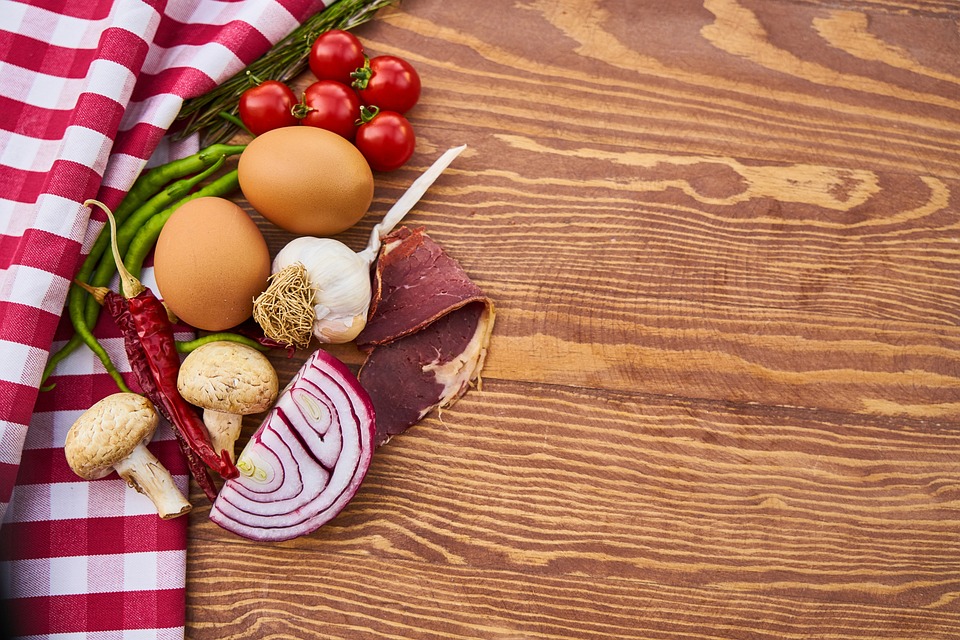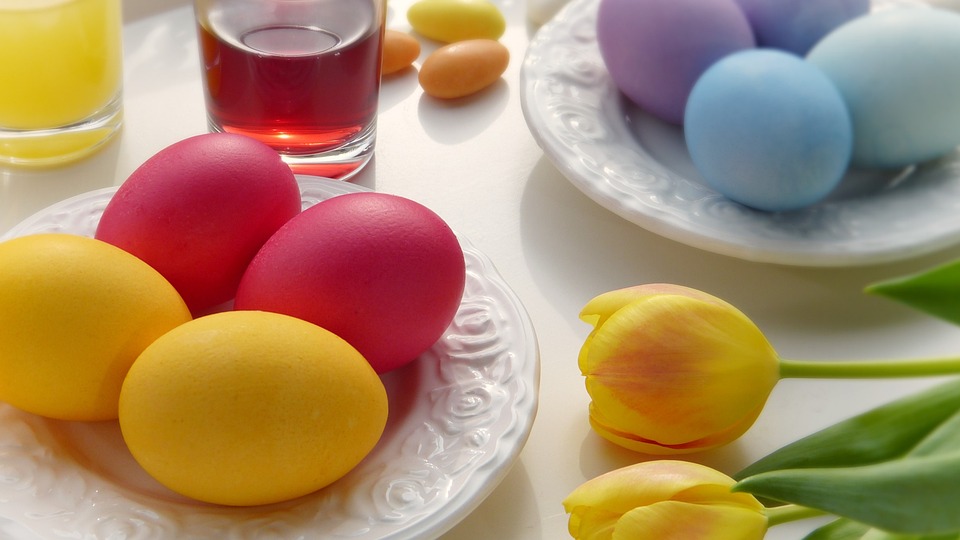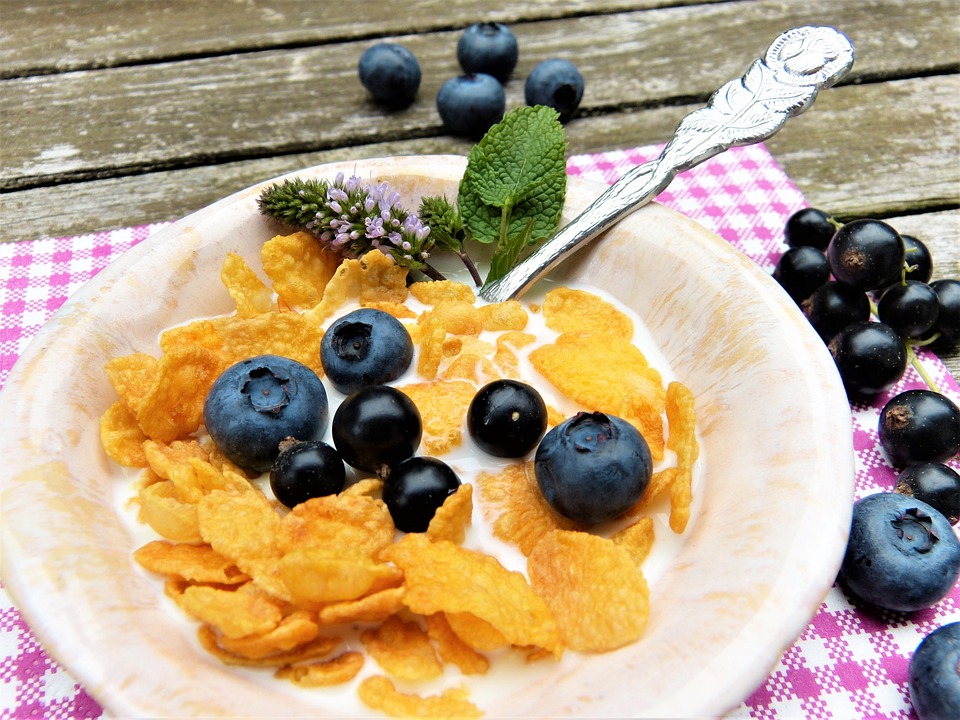
List of pus and mucus foods
Word “mucus” from latin mucus Which means “slime, mold, mucus, etc.” Mucus refers to a thick, sticky, and slippery secretion consisting of dead cells, mucin, inorganic salts, water, and exfoliated cells. It also refers to the sticky, sticky substance that mucus-forming foods leave in the body after eating them. Word “pus” From late 14th c. Latin for “pus” (associated with pus [putrid] “rotten”), from Proto-Indo-European *pu- compared to Sanskrit. puyati “Mouldy, fetid,” putih fetid, foul.” Pus often refers to an opaque white, yellowish, or greenish-colored fluid produced in infected tissues, consisting of dead white blood cells, bacteria, tissue debris, and serum. It also refers to the substance into which the flesh of a dead animal has been chemically changed after eating or while it rots in the digestive tract. Eating meat and dairy products causes pus residue to build up in the body, while starchy and fatty foods form mucus.
Word “snotless,” or mucus-free, refers to foods that do not form mucus. Such foods are digested without leaving behind a thick, sticky, sticky substance called mucus. These foods include all kinds of lean and starchy fruits and vegetables.
All foods that are pus/mucus build up acids. The word “acid” is from the early 17th century and means “taste of vinegar” from the French acid (16c) or directly from the Latin Assidus “sour, sharp” adjective of acere “to be sour” from the root PIE *ak- “sharp, pointed” (see pungent). In chemistry it refers to a class of substances whose aqueous solutions are characterized by a sour taste, the ability to turn blue litmus red into red, and the ability to react with bases and certain metals to form salts. From a non-mucus perspective, foods that consist of pus and mucus are understood to be “acid-forming” within the human body. Such foods create an acidic internal environment that is harmful to health.
Here is a list of foods that contain pus, mucus, and acid-forming foods:
FLESH (PUS-FORMING)
- animal blood
- eggs (all kinds)
- Lard
- Meat (beef, chicken, horse, dog, lamb, turkey, veal, pork:
- bacon, ham, sausage, ham, chitterlings, pig’s feet; Wild game: bison, buffalo, ostrich, hare, venison, etc.)
- margarine (made from animal fat)
FISH (PUS-FORMING)
- crustaceans (crab, lobster, lobster, shrimp)
- fish (all kinds)
- Molluscs (clams, oysters, mussels, snails, etc.)
- roe (caviar)
- Salmon
- Shell fish
Dairy products (PUS-FORMING)
- cow butter
- yogurt
- cheese (all kinds)
- generous
- Mattress cream
- kefir
- Milk (all animal types; organic, raw, skimmed, 1 or 2%, etc.)
- yogurt
Cereals (moderate mucus formation)
- barley
- Bread (all kinds; barley, black, rye, white, graham, pumpernickel,
- Zwieback, etc.)
- Cereals (all kinds; maize, farina, kamut, millet,
- Oats, quinoa, spelled, white rice, brown rice, whole or refined wheat, etc.)
- Corn Starch
- Pseudo-grains (all types; amaranth, buckwheat, chia, Cockscomb, caniwa, quinoa, etc.)
- pasta
Pills (moderate mucus formation)
- Beans (all types and shapes; black beans, black-eyed peas, kidney beans, butter beans, cannellini beans, chickpeas/garbanzo beans, edamame, great northern beans, Italian beans, pinto beans, lentils, lima beans, kidney beans, navy beans, green beans, soybeans, white beans).
Nuts and seeds (mucus)
- Nuts (all kinds; walnuts, almonds, Brazil nuts, cashews, chestnuts, hazelnuts, peanuts, pecans, pistachios, walnuts, etc.)
- Seeds (all kinds; sunflower, pumpkin, hemp, sesame, etc.)
Processed foods (pus and/or mucus too)
- dried food
- Fast food
- frozen food
- Packaged packaged foods
- processed meat
Sweets/candies/sweets (pus and/or mucus too)
- Bakery (all kinds of pies, cakes, pastries, etc.).
- Candy (all kinds; bar, caramel, chocolate, fudge, jelly candy, rock
- Candy, Taffy
- gelatin (jello)
- Ice cream (dairy and non-dairy)
- marshmallow
Acidic, fermented, or distilled beverages (acid tonics)
- Alcoholic beverages (all types; beer, ales, brandy, champagne, hard
- Cider, Liqueur, Mead, Porter, Rum, Sake/Rice Wine, Gin, Herbal Wine, Lager, Fruit Wine, Vodka Whiskey, Tequila, etc.)
- Syrup (brown rice, barley malt, chocolate, corn, artificially flavored)
- cacao
- coffee
- Kombucha tea
- soft drink (soda pop)
- Tea (all teas of the Theaceae family)
- Vinegar (white, apple juice)
- Old root beer
Fermented foods and sauces (acid steroids)
- fish sauce
- Fermented vegetables (all; kimchi/cabbage and other vegetables, olives
- Pickles/cucumbers. sauerkraut/cabbage, etc.)
- miso
- Vinegar sauces (hot sauce, ketchup, mustard, mayonnaise, relish,
- tartar, barbecue, salad dressing, salsa, etc.)
- soy sauce
Processed vegan/vegetarian foods (mild mucus)
- Chips (corn, potato, plantain, etc.)
- Frozen vegan breakfast foods (waffles, etc.)
- Chickpeas (processed chickpeas)
- Animal tissue grown in the laboratory
- Ghee
- food yeast
- Pasta (egg-free)
- 100% pasteurized fruit juice (potentially sour)
- Plant milks (grains, nuts, seeds, legumes including soybeans, rice, etc.)
- Vegetable butter (nuts, seeds, legumes including soybeans, peanuts, etc.)
- Vegetable creams
- Soy lecithin (food additive)
- Tempe
- Textured vegetable protein (“mock” meat including soy, etc.)
- tofu
- Vegan baked goods
- Vegan candy (all kinds; chocolate, ice cream, etc.)
- Vegan cheese alternatives
- Vegan mayonnaise
- Vegan whipped cream
- Yogurt (vegetarian)
Oils (greasy and light mucus)
- Oil (all types; avocado, chia seed, coconut, corn, cottonseed, cottonseed, flaxseed, grapeseed, hempseed, nut oils, olive, palm, peanut, quinoa, rapeseed (including canola), safflower, soybean etc.)
Salt and spices (stimulants/acid-forming potential)
- Black pepper
- cayenne pepper
- chili powder
- Tartar cream
- curry powder
- Nutmeg
- red pepper
- Pepper
- Salt (celery, crystal, iodized, sea)
- vanilla extract
Starchy or fatty (slightly mucus) vegetables and fruits
- artichoke
- avocado
- cassava
- cauliflower
- Coconut meat
- corn
- durian
- mushrooms (mushrooms)
- Green Peas
- olive
- Parsnip
- peas (raw)
- plantain
- the banana
- pumpkins
- Raw or baked white potatoes
- Raw squash (winter, butternut, butternut, etc.)
- Raw sweet potatoes
- yellow turnip;
- turnip
- Unripe bananas
What is Deceptive snot makers?
Here is a list of foods that many people don’t realize cause mucus:
- rice (great for making bookbinding glue, bad for transitioning to a mucus-free diet)
- Avocado (A greasy stuff to go with on the go, but super addictive. While technically a fruit, it’s best if used with a mucus-free salad or vegetable mix to help get rid of it. Still, it’s recommended to stay away from it if you’re not already stuck with it).
- Nuts (mucus-forming, but can be used for the transition. Best eaten with dried fruits such as raisins to help loosen it up).
- plantain (starchy)
- Tofu (slimy and mucus.)
- Unripe fruit such as green bananas (the riper the fruit you eat, the better).
- Corn (It doesn’t get rid of it well. When you eat cooked corn or corn flakes it gets soft and sticky in the gut.)
- Cornflakes (some people use them for transition, but they’re very addictive and don’t go down well)
- Beans (they are starchy and slimy. But can be used in moderation when moving near leafy green salads)
- Starchy vegetables (Some vegetables are starchy and mucilaginous in raw or cooked forms, such as white potatoes, but many other vegetables, such as sweet potatoes, become mucilaginous (no starch) after proper cooking.
transitional diet
It is very important for people to learn how to move from foods that form the most harmful mucus to foods that leave behind the least amount of waste. To learn more about this transition process, check out Arnold Ehrett’s The No-Makeup Diet Healing System: Annotated, Reviewed, and Edited by Professor Spira.

